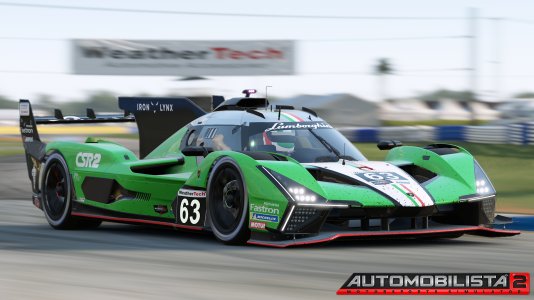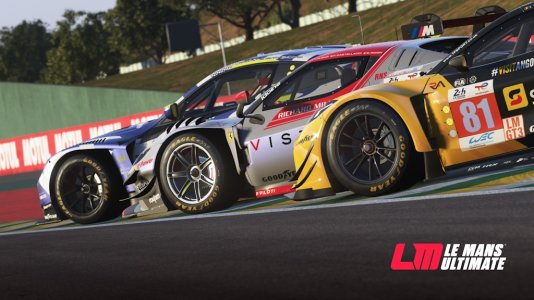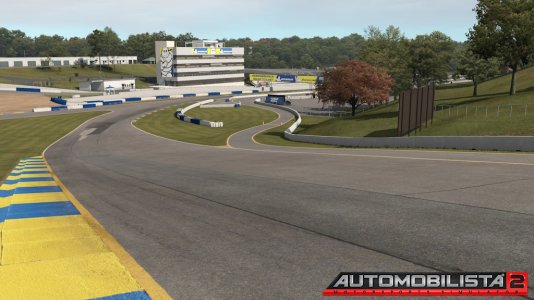To clarify on this and what I've just learnt a few days ago :
With Intel you only get the faster ram speed but with amd ryzen the ram clock controls some internal cpu clocks too.
So the higher the ram frequency, the higher the frequencies of some parts of the ryzen CPUs become!
And that seems to be the reason why amd cpus can become unstable with too high ram clocks as they overclock some cpu parts and not only the memory controller!
With Intel you only get the faster ram speed but with amd ryzen the ram clock controls some internal cpu clocks too.
So the higher the ram frequency, the higher the frequencies of some parts of the ryzen CPUs become!
And that seems to be the reason why amd cpus can become unstable with too high ram clocks as they overclock some cpu parts and not only the memory controller!









